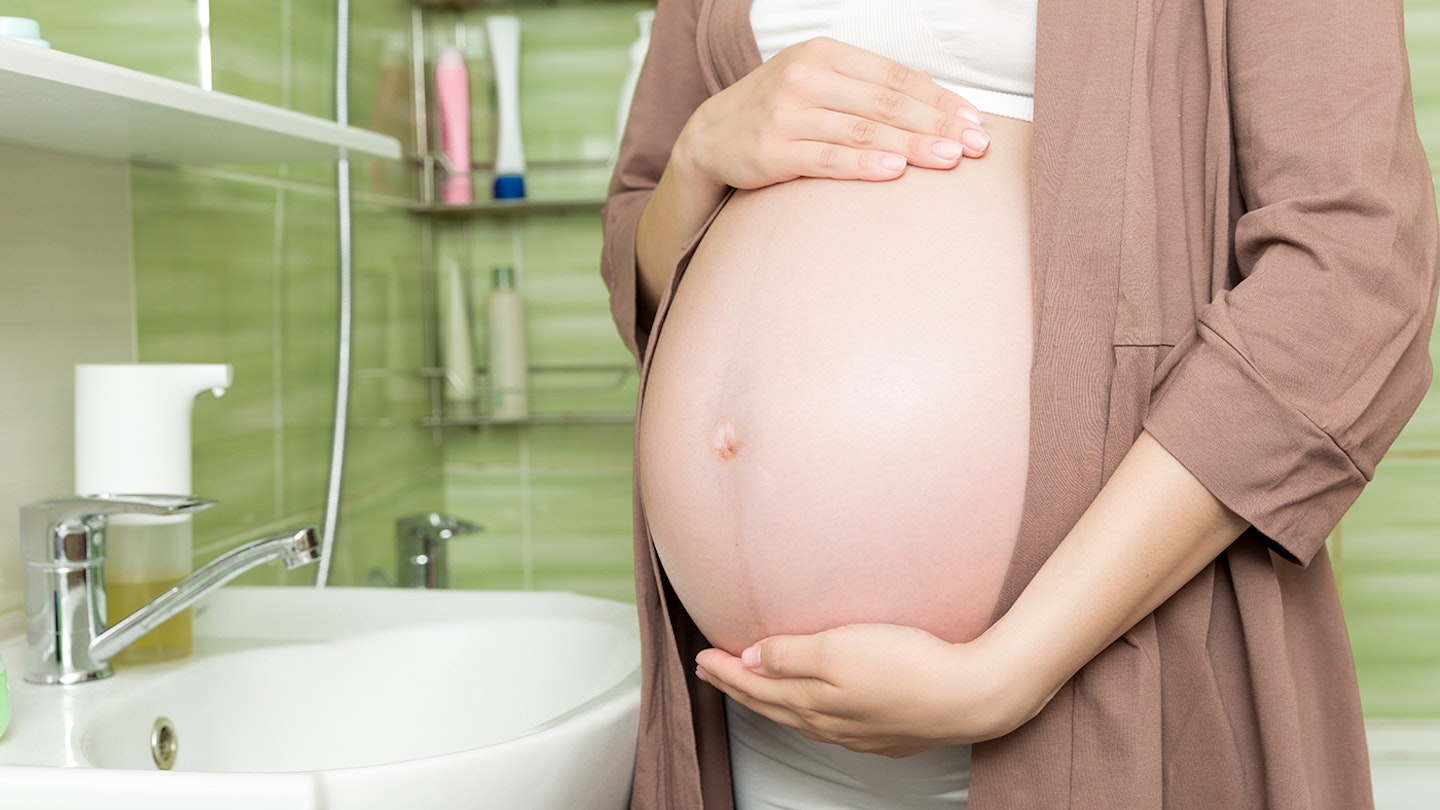Ah pregnancy, such a glamorous experience eh? Along with piles, constipation and trapped wind, another potential side effect during your pregnancy is a nice dollop of rectal prolapse.
Thankfully, while it won’t be the most pleasant experience, it can be rectified and your baby won’t be harmed
What is rectal prolapse?
Rectal prolapse is when the rectum (the end of the large intestine) drops from its usual position and bulges out of the anus.
Can you get rectal prolapse during pregnancy?
Luckily, the chances of a rectal prolapse happening while you’re pregnant are slim. It’s more likely to affect women who are over 50 because the muscles and ligaments in the rectum naturally weaken with age.
If you think you’re suffering from the condition, it could be due to a number of factors such as overstraining while going to the loo because you’re constipated.
"A chronic cough and the efforts of pushing out your baby can also make a rectal prolapse happen," says consultant obstetrician and gynaecologist Dr Dib Datta.
What are the symptoms of rectal prolapse?
As you probably predicted, rectal prolapse is generally painful. You may notice a lump or swelling coming out of your anus, at first this will just be when you go to the loo, but it may develop to be visible when you cough or stand up.
"At times it might feel as though something is still in the rectum after a bowel movement," says Dr Datta. "Over time, the prolapse becomes irreducible. Bowel movement can be difficult to control, and you might have accidents in your underwear."
Other symptoms include constipation and experiencing some bleeding or a slimy mucus from your rectum.
If left untreated and an ulcer could develop on the prolapsed part of the rectum.
Thankfully none of these symptoms are life-threatening and they can be treated. You should contact your GP if you have any of them.
How is it treated?
Your GP will most likely diagnose rectal prolapse upon discussing your symptoms and examining you. If they believe you have rectal prolapse then they will usually refer you for treatment.
The treatment you have will depend on your age, how severe the prolapse is and whether or not you have any other pelvic abnormalities – such as a prolapsed bladder.
While a partial prolapse does not always require surgery, "the only way to effectively treat a full-thickness rectal prolapse is to have surgery," Dr Datta explains. "There are different types of surgery, such as open surgery, keyhole, surgery or anal surgery."
"Supplementary measures also help. These are lifestyle changes including a high-fibre diet, drinking plenty of water and getting regular exercise," he continues. "And you’ll need to try to not strain when going to the toilet, which may require using fibre supplements or laxatives."
Are there any long-term effects?
Long-term effects of uncorrected rectal prolapse are prolonged discomfort and bowel evacuatory disorders. Long-term effects of surgery are usually minimal, although recurrence is possible.
